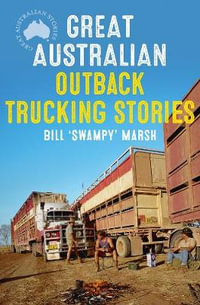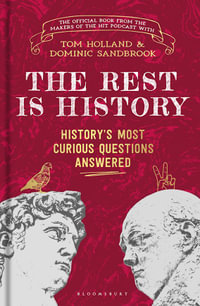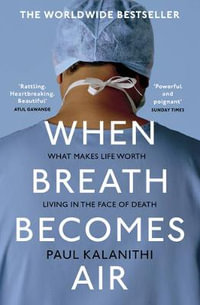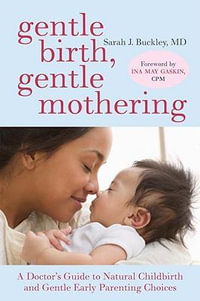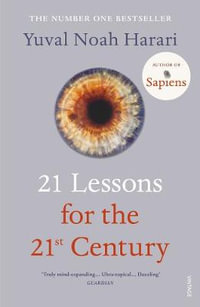How do we come to terms with what can't be forgotten?
How do we bear witness to extreme experiences that challenge the limits of language? This remarkable volume explores the emotional, political, and aesthetic dimensions of testimonies to trauma as they translate private anguish into public space. Nancy K. Miller and Jason Tougaw have assembled a collection of essays that trace the legacy of the Holocaust and subsequent events that have shaped twentieth-century history and still haunt contemporary culture.
Extremities combines personal and scholarly approaches to a wide range of texts that bear witness to shocking and moving accounts of individual trauma: Toni Morrison's Beloved, Sylvia Plath's "Daddy" and "Lady Lazarus," Kathryn Harrison's The Kiss, Tatana Kellner's Holocaust art, Ruth Kl ger's powerful memoir Still Alive, and Binjamin Wilkomirski's controversial narrative of concentration camp suffering Fragments. The book grapples with the cultural and social effects of historical crises, including the Montreal Massacre, the Warsaw Ghetto Uprising, and the medical catastrophes of HIV/AIDS and breast cancer.
Developing insights from autobiography, psychoanalysis, feminist theory and gender studies, the authors demonstrate that testimonies of troubling and taboo subjects do more than just add to the culture of confession--they transform identities and help reimagine the boundaries of community. Extremities offers an original and timely interpretive guide to the growing field of trauma studies. The volume includes essays by Ross Chambers, Sandra M. Gilbert, Susan Gubar, Marianne Hirsch, Wayne Koestenbaum, Eve Kosofsky Sedgwick, and others.
Industry Reviews
"A powerful contribution to the understanding of trauma through the primary lens of autobiography and memoir. . . .This impressive volume offers not only a theoretical vocabulary rich in its suggestiveness--orphaned memory and foster-writing, writing wrong and writing pain, communities of risk and moral hospitality, traumatic realism and traumatic experience as citation, witnessing by adoption and feminist postmemory--it also holds fast to the hope of community fostered on common grounds."--Kathleen Woodward, director of the Walter Chapin Simpson Center for the Humanities at the University of Washington
"Extremities offers fresh perspectives on a subject of urgent public concern: the experience of trauma in our lives and the problems it poses for those who write and read it."--Paul John Eakin, author of How Our Lives Become Stories: Making Selves
"This collection beautifully answers the demand for an ethical rhetoric in the rapidly proliferating field of trauma studies. Neither exploiting nor titillating, Extremities seriously and sensitively explores the devastating wounds to our private and public worlds, their consequences, and our potential for recuperation."--Claire Kahane, author of Passions of the Voice: Hysteria, Narrative, and the Figure of the Speaking Woman







